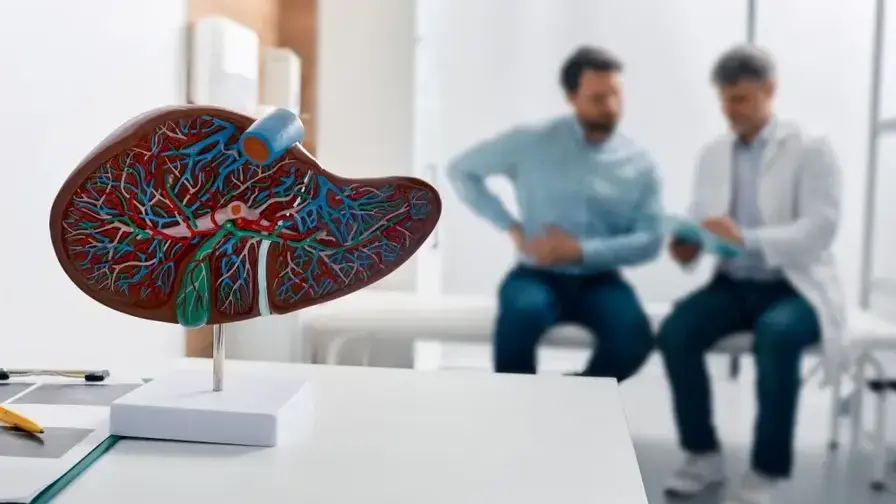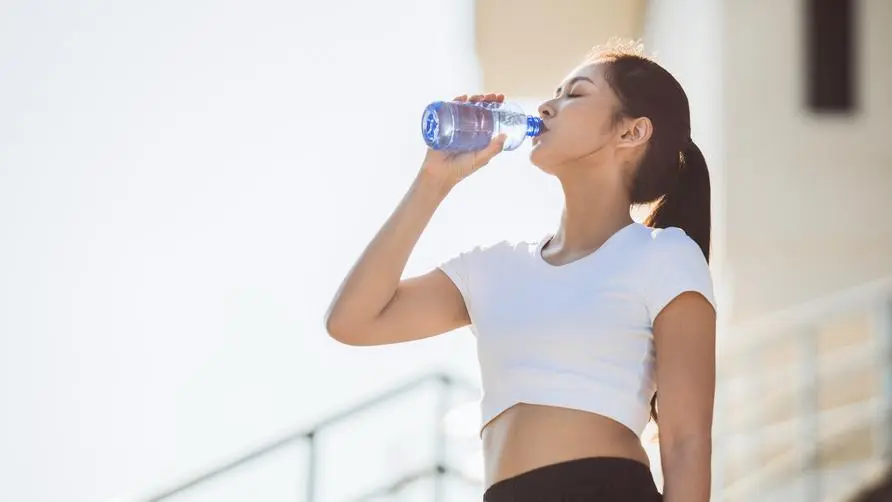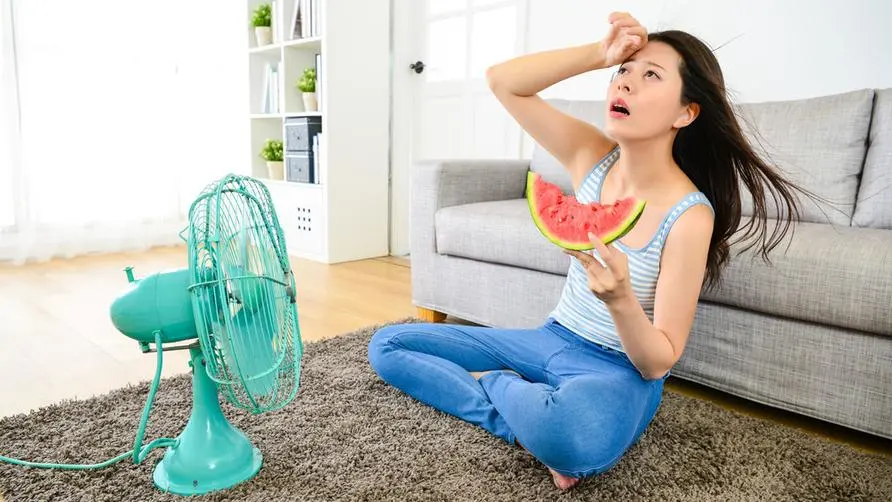Even breathing in summer can make your body dehydrated! Nutritionists confirm: "6 ways to replenish water" can best help quench thirst

As the season enters midsummer, rising temperatures cause the body to lose water through profuse sweating, which in turn makes people feel tired, has headaches, and even risks heat stroke. Therefore, understanding the principles and methods of hydration in summer is crucial to maintaining health! This time we share scientifically proven and effective hydration methods to help people avoid heatstroke and heat damage in the hot summer, and to help maintain body and skin health, so that their appearance can “drink to new heights”!
In summer, do you lose water even when you breathe? The body may become flooded in an instant
First, we must understand the water loss mechanism of the human body in high temperature environments. When in a high-temperature environment, the body will “sweat” to regulate body temperature. This is a natural heat dissipation mechanism. When sweat evaporates, it takes away heat from the body surface, thereby helping to cool down. However, evaporation from sweat also represents the loss of water and electrolytes in the body; if water and electrolytes are not replenished in time, it may lead to problems such as dehydration and electrolyte imbalance.
As for the amount of sweat, it will depend on your personal physique, activity level and ambient temperature. In addition, the causes of body water loss are also related to breathing and urination: in hot weather, the body’s breathing will speed up, and this change will also cause water loss; and despite increased sweating, urination is still the main way to excrete water from the body. One of the ways.
Avoid waiting until you are thirsty to drink water! “6 hydration methods” scientifically proven to be effective
In order to maintain normal body function, you need to ensure you are getting enough fluids to make up for these losses. Here are scientifically proven effective hydration methods:
Drink water regularly and quantitatively: Avoid waiting until you are thirsty to drink water, but replenish water regularly. It is recommended that you set an alarm clock to remind yourself to drink water every hour to keep your body well hydrated.
Choose the right drink: Pure water is the best choice for hydration, but after a long period of high-temperature activity, you can choose a drink containing electrolytes, such as coconut water or sports drinks, to help replenish electrolytes.
Eat high-water-containing foods: Vegetables and fruits contain a lot of water, such as watermelon, cucumbers, and citrus, which not only replenish water but also provide additional vitamins and minerals.
Avoid diuretic drinks: Coffee and alcoholic drinks have a diuretic effect, which will accelerate the loss of water in the body and make people thirstier the more they drink. Those who have drinking habits should reduce the amount they drink.
Observe the color of the urine: If the urine is light yellow or transparent, it means that the water intake is sufficient, and you should reduce or stop drinking water at this time; dark yellow means that you need to drink more water.
Drink water regularly every day: The formula for calculating daily water intake is “body weight (kg) × 30 ml”. For example, a person weighing 60 kg will drink approximately 1800 ml of water.
Did you drink water but your body didn’t absorb it? Nutritionist: “Four timings” are the most critical to drink
Even though the body needs more water in summer, taking too much is still not enough. In order to ensure that the body can effectively absorb and utilize water, it is recommended to keep the amount of water consumed between 200-250 ml each time to avoid taking in too much water that the body cannot absorb. In addition, replenishing water at the following correct times can help the body’s metabolism, thus promoting the health of the body and skin tissue:
Drink a cup after getting up: about 250 ml to help the body restore the water lost during the night.
Drink one cup before three meals: about 250 ml to help digestion in the gastrointestinal tract.
Drink one cup every hour: about 200 ml to keep yourself hydrated.
Have a drink after exercise: replenish water in an appropriate amount and increase the amount of water you drink according to the intensity of exercise.
Through the above hydration methods, you can help maintain the body’s water balance in the hot summer and avoid dehydration and related health problems. Drinking water regularly and choosing appropriate drinks and food are the keys to maintaining health and vitality. It is recommended that the public carry an environmentally friendly cup with them and fill it with the water they need for the day before going out or at work and replenish it at any time to avoid being exposed to high temperatures above 30 degrees for consecutive days. Cause heatstroke!
Further reading:





